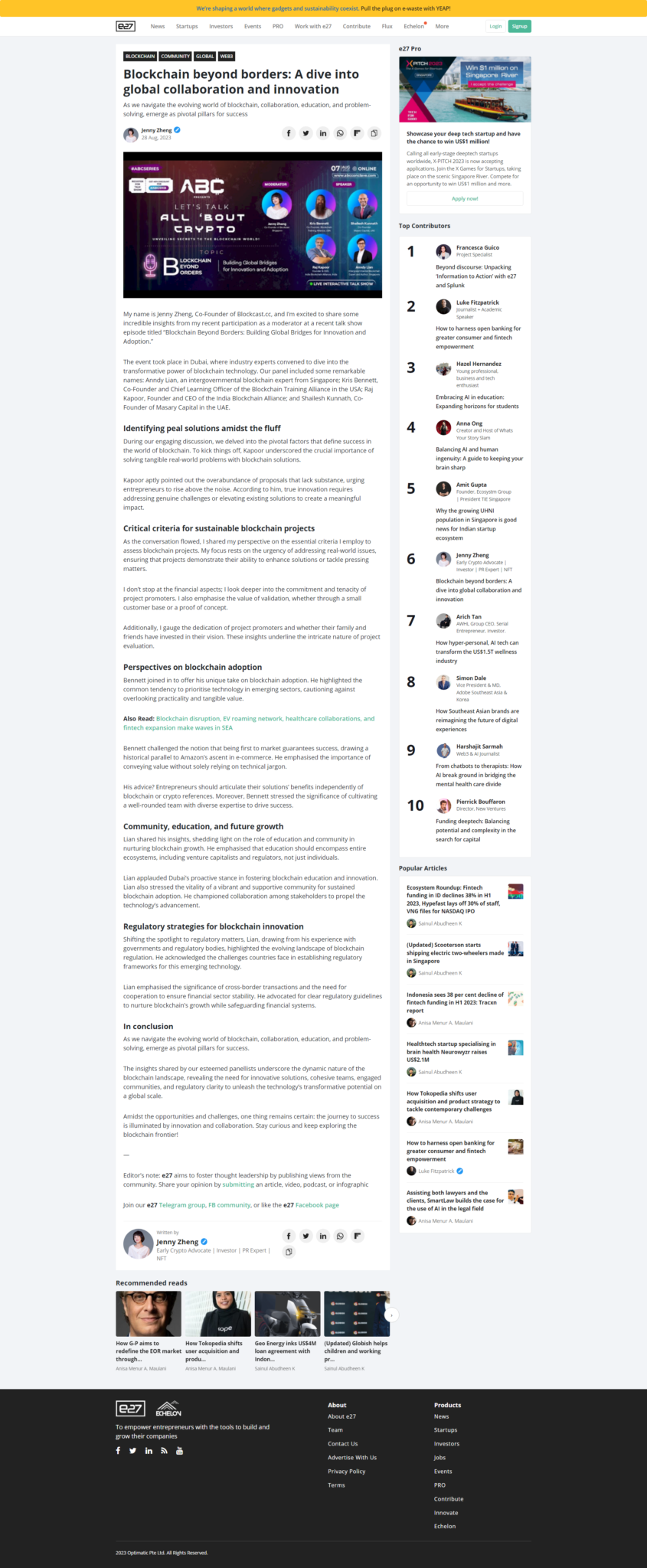Crypto exchanges, the platforms that allow users to buy, sell, and trade cryptocurrencies and other digital assets, have been at the center of the crypto industry’s growth and innovation. However, they have also been the source of many controversies and risks, such as hacks, frauds, scams, market manipulation, money laundering, and tax evasion. As the crypto market matures and attracts more attention from regulators, investors, and the public, the question of how crypto exchanges should be regulated becomes more urgent and complex.
The Current State Of Crypto Exchange Regulation
The current state of crypto exchange regulation is fragmented, inconsistent, and uncertain. Different jurisdictions have different approaches and standards for crypto exchanges, ranging from outright bans to laissez-faire policies to comprehensive frameworks. Some of the key regulatory issues and challenges that crypto exchanges face include:
- The legal status and classification of crypto assets: Crypto assets, such as Bitcoin, stablecoins, and tokens, have different features and functions, and may belong to different legal categories, such as securities, commodities, currencies, or something else. Depending on the category, crypto assets may have to follow different rules and regulations, such as registration, disclosure, reporting, taxation, and consumer protection. But there is no global agreement or clarity on how to define and classify crypto assets, and different regulators may have different views and opinions.
- The jurisdiction and authority of regulators: These platforms operate globally and in a decentralized way, often serving customers across borders and countries. But regulators may have different scopes and powers to oversee and enforce them, depending on where they are, where they are registered, where they are incorporated, or where they operate. They may have to deal with conflicting or overlapping regulatory requirements or expectations from different regulators, or they may try to avoid or escape regulation by moving or hiding their operations or assets.
- The applicability and interpretation of existing laws and regulations: These platforms may have to follow existing laws and regulations that apply to traditional financial institutions or intermediaries, such as anti-money laundering (AML), counter-terrorism financing (CTF), know-your-customer (KYC), investor protection, market integrity, and prudential standards. But these laws and regulations may not be fully suitable or relevant, as they may not capture the unique features and risks of crypto assets and activities, such as decentralization, anonymity, volatility, and innovation. Moreover, these laws and regulations may vary across countries and may be subject to different interpretations and implementations by regulators and courts.
The Future Scenarios Of Crypto Exchange Regulation
The future scenarios of crypto exchange regulation are uncertain and dynamic, as they depend on various factors, such as the evolution of the crypto market, the development of the regulatory frameworks, the actions and reactions of the regulators and the industry, and the emergence of new technologies and innovations. However, based on the current trends and signals, some of the possible scenarios that crypto exchanges may face in 2024 and beyond include:
- Scenario 1: Global harmonization and standardization: In this scenario, global regulators and standard-setters, such as the Financial Action Task Force (FATF), the Financial Stability Board (FSB), the Basel Committee on Banking Supervision (BCBS), and the International Organization of Securities Commissions (IOSCO), work together to create and apply a consistent and coherent set of rules and guidelines for these platforms, based on common principles and best practices. They have to follow these rules and guidelines, no matter where they are or operate, and are subject to regular supervision and enforcement by competent authorities. They also benefit from regulatory clarity and certainty, as well as enhanced trust and legitimacy among investors and the public. But they also face increased compliance costs and risks, as well as reduced innovation and competition, as they have to stick to strict and uniform standards that may not fit their specific needs or preferences.
- Scenario 2: Regional integration and differentiation: In this scenario, regional regulators and authorities, such as the European Union (EU), the Association of Southeast Asian Nations (ASEAN), and the African Union (AU), create and apply their own regional frameworks and initiatives for these platforms, based on their regional goals and priorities. They have to follow these regional frameworks and initiatives, depending on where they are or operate, and are subject to regional supervision and enforcement by regional bodies or agencies. These platforms benefit from regulatory alignment and cooperation, as well as tailored solutions and opportunities, within their respective regions. But also face regulatory fragmentation and confusion, as well as limited access and exposure, across different regions, as they have to deal with different and divergent standards that may create barriers or conflicts.
- Scenario 3: Local adaptation and experimentation: In this scenario, local regulators and authorities, such as the US, China, India, and Switzerland, create and apply their own local policies and measures for these platforms, based on their local conditions and interests. They have to follow these local policies and measures, depending on where they are or operate, and are subject to local supervision and enforcement by local agencies or courts. These platforms benefit from regulatory flexibility and diversity, as well as customized support and incentives, within their respective jurisdictions. They also face regulatory uncertainty and volatility, as well as increased complexity and risk, across different jurisdictions, as they have to cope with different and changing standards that may create uncertainty or instability.
To Sum Up
Crypto exchanges are a vital and vibrant part of the crypto industry, but they also pose significant challenges and risks for regulators, investors, and the public. As the market evolves and matures, the question of how they should be regulated becomes more urgent and complex. The future scenarios of crypto exchange regulation are uncertain and dynamic, and may vary across different levels and dimensions, such as global, regional, and local. They may face different regulatory outcomes and implications, depending on the scenario that prevails or emerges. They may need to prepare and adapt for different regulatory scenarios, by enhancing their regulatory awareness and compliance, engaging and collaborating with regulators and stakeholders, and leveraging their innovation and differentiation.


Anndy Lian is an early blockchain adopter and experienced serial entrepreneur who is known for his work in the government sector. He is a best selling book author- “NFT: From Zero to Hero” and “Blockchain Revolution 2030”.
Currently, he is appointed as the Chief Digital Advisor at Mongolia Productivity Organization, championing national digitization. Prior to his current appointments, he was the Chairman of BigONE Exchange, a global top 30 ranked crypto spot exchange and was also the Advisory Board Member for Hyundai DAC, the blockchain arm of South Korea’s largest car manufacturer Hyundai Motor Group. Lian played a pivotal role as the Blockchain Advisor for Asian Productivity Organisation (APO), an intergovernmental organization committed to improving productivity in the Asia-Pacific region.
An avid supporter of incubating start-ups, Anndy has also been a private investor for the past eight years. With a growth investment mindset, Anndy strategically demonstrates this in the companies he chooses to be involved with. He believes that what he is doing through blockchain technology currently will revolutionise and redefine traditional businesses. He also believes that the blockchain industry has to be “redecentralised”.



